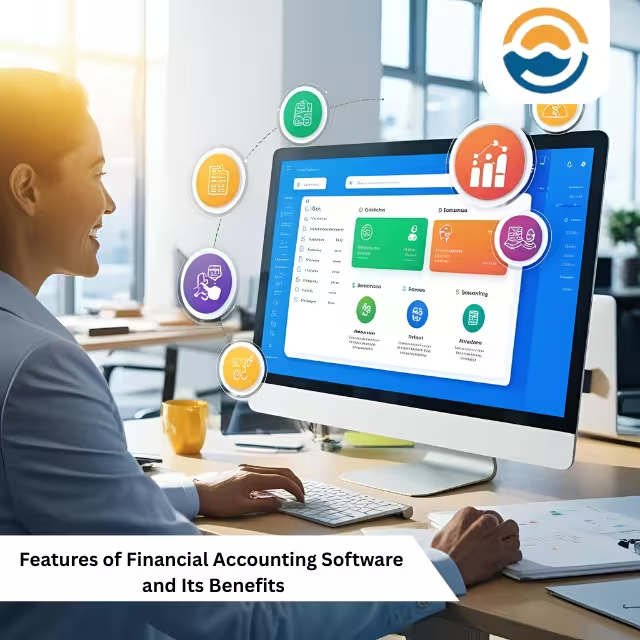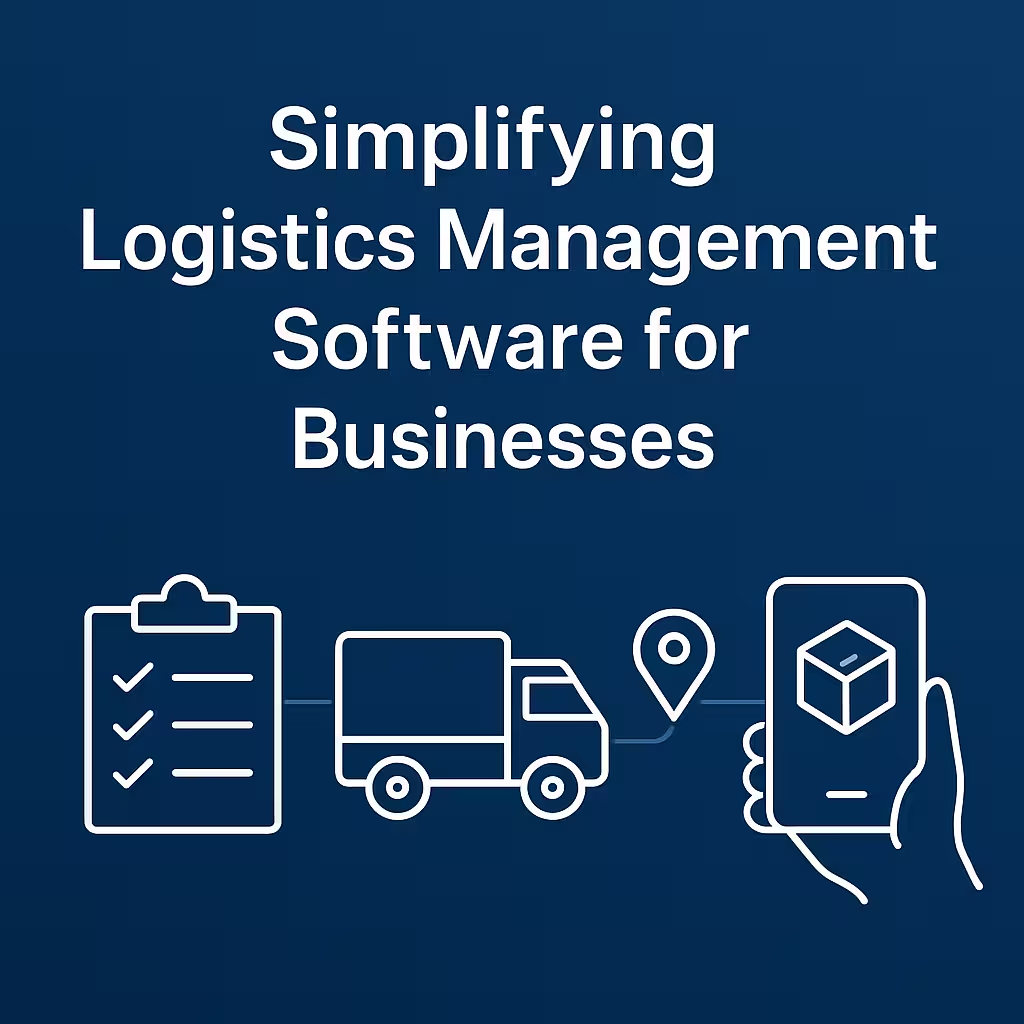In any business, managing money is at the core of making smart decisions. From tracking expenses and sending invoices to preparing tax reports and analyzing profits, financial accuracy matters. That’s why many companies today rely on financial accounting software instead of doing things manually.
Thanks to the rise of financial software development, modern tools now offer more than just bookkeeping. They’re powerful, user-friendly, and designed to give businesses real-time insights into their finances.
Whether you're a small business owner, a startup founder, or managing a growing enterprise, understanding the key features of accounting software and its benefits can help you choose the right solution.
What Is Financial Accounting Software?
Financial accounting software is a digital system that helps manage, track, and report a business’s financial activities. It records every transaction, from purchases and payments to payroll and profit. It also helps businesses stay compliant with tax laws and reduces the chances of human error.
Modern tools, backed by smart financial software development, go beyond simple ledgers. They now include automation, analytics, cloud access, and integrations that make life easier for business owners and finance teams alike.
Key Features of Accounting Software
When exploring the best software for accounting, it’s important to look at the core features that make day-to-day financial tasks simpler and more efficient:
1. Automated Bookkeeping
Automates the recording of daily transactions including sales, purchases, and payments... saving time and reducing manual work.
2. Invoicing and Billing
Creates and sends professional invoices with due dates, tax calculations, and reminders.
3. Bank Reconciliation
Matches your bank statements with your internal records, helping you spot errors and track cash flow easily.
4. Tax Management
Calculates GST, TDS, and other taxes automatically, ensuring accurate filings and avoiding penalties.
5. Financial Reporting
Generates profit and loss statements, balance sheets, and cash flow reports in real-time.
6. Inventory Management
Tracks stock levels, orders, and deliveries for businesses that sell physical products.
7. Multi-Currency Support
Helps international businesses handle payments and reports in multiple currencies.
8. Integration Capabilities
Connects smoothly with other systems like payroll, CRM, ERP, and banking tools.
9. User Access Control
Gives different levels of access to employees based on roles, maintaining security.
10. Cloud Access
Lets you access data anytime, anywhere, perfect for remote teams or business owners on the move.
Benefits of Financial Accounting Software
The right software doesn't just handle your books. It helps your business grow. Here are some top benefits of financial accounting software:
- Time Savings
Automating tasks like data entry, invoice creation, and tax calculations means less time spent on routine work and more time for strategic planning.
- Improved Accuracy
With built-in checks and automated calculations, errors are drastically reduced.
- Real-Time Insights
Access up-to-date reports anytime, which helps in quick decision-making and better financial planning.
- Cost Efficiency
While there’s an upfront cost, the long-term savings on manpower, errors, and compliance issues make it a wise investment.
- Better Compliance
Stay in line with Indian tax laws and accounting standards with built-in rules and alerts.
- Scalability
As your business grows, your software can scale with you... adding features, users, and modules as needed.
- Data Security
Cloud-based tools come with advanced encryption and backup options to protect your sensitive financial information.
Choosing the Best Software for Accounting
There are many solutions out there, from global giants to locally developed tools tailored for Indian businesses. When evaluating options, consider:
- Your business size and industry
- The features you actually need
- Your budget
- Support and training options
- The company’s experience in financial software development
If you’re a growing company looking for a system that balances power with simplicity, explore options like Bigsun’s accounting module within its ERP platform. It’s designed to offer everything from GST-ready invoicing to advanced reporting, all under one roof.
Final Thoughts
In today’s competitive business world, relying on spreadsheets is no longer enough. Financial clarity leads to better decisions, and the right software helps you achieve that.
By understanding the key features of accounting software and the many benefits of financial accounting software, you’re in a better position to invest in a tool that saves time, reduces errors, and supports your company’s growth.



